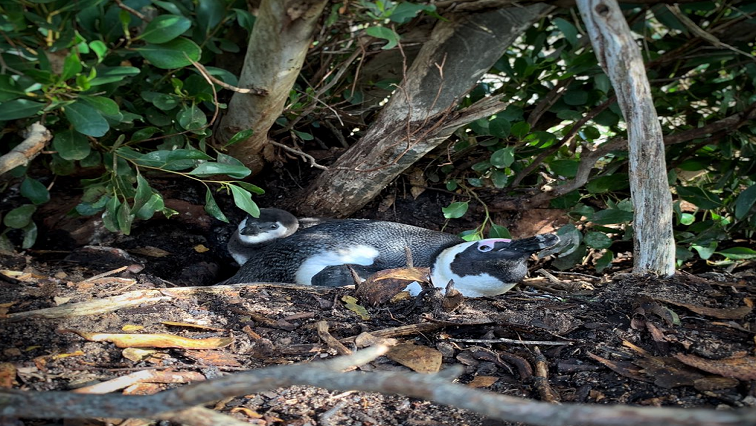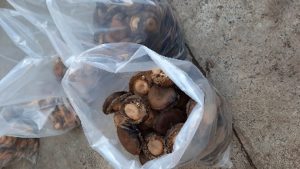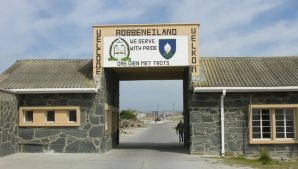Wednesday is World Environment Day and South Africa has a reason to celebrate. Twenty new Marine Protected areas have recently been declared in the country. One of the new Marine Protected areas is the iconic Robben Island.
Today is #WorldEnvironmentDay!
9 out of 10 people around the ??? lives in places where air quality exceeds WHO guideline limits.
??????????Let’s #BeatAirPollution! It’s time for everyone, everywhere to #BreatheLife! pic.twitter.com/SaCmiZapzx
— World Health Organization (WHO) (@WHO) June 5, 2019
♻ Reduce
♻ Reuse
♻ Recycle
The world generates 3.5 million tons of plastic and other solid waste a day, and only about 20% is being recycled. Together with partners, we develop solutions that reduce the environmental impact of our packaging. #WorldEnvironmentDay pic.twitter.com/LhqTUZLnF4— World Food Programme (@WFP) June 5, 2019
Visitors from all over the world make daily trips to Robben Island, a World Heritage Site, to learn more about its history. But few people know about its environmental value and especially the marine life it supports and protects. As one of 20 newly-declared Marine Protected Areas, it will now be suitably safeguarded.
Director of Oceanas Conservation Strategies Qcobani Popose says that this means the country will be able to protect marine life for future generations.
“What it would definitely mean in real terms is that we are able to protect what we have today for future generations and also we are able to have sustainable benefits from all the resources that we derive from the ocean environment. Where we are now on Robben Island, there is a colony of indigenous African Penguins. It’s one of the species that would benefit on Robben Island through this protection.”
It’s good news for the more than 1000 breeding pairs of African Penguins on the island. A three-year study by various scientists and government departments of the resident Robben Island penguins was recently completed; in which a 3 kilometre radius around the Island was closed for fishing. SANCCOB Rearch Manager, Katta Ludynia, says the African Penguin is listed as an endangered species.
“The African Penguin is listed as endangered and currently one of the main reasons for the decline is the lack of fish in the ocean. So those studies show very clearly that if we limit fishing or provide more fish in the ocean, it will have a positive effect on the birds; so permanently excluding fisheries at least during breeding season around the colonies would already have a positive effect.”
Robben Island is one of the few areas that stills supports viable stocks of abalone, a lucrative resource that has been severely over-exploited in South Africa. It has also felt the destructive effects of poaching. With its new status as an MPA, more resources will be deployed to ensure the island’s protection. Robben Island Museum Environmental Manager, Sabelo Madlala, says that the island will be collaborating with SANPARKS.
“We will basically be collaborating with SANPARKS; remember in terms of the law, SANPARKS become the management authority of the marine protected area. They will basically be stationed here on site. The research team and the law enforcement team with their equipment like a rubber duck. In fact we see this as a multi stakeholder driven project. As I speak to you, there are already inspectors from DAFF patrolling the site.”
The new marine protection status of the island will help with the recovery of abalone and rock lobster stocks. And for the many other seabirds, like the Hartlaub Gulls who breed here, it will provide safe nesting to continue thriving.





![[File Image] Abalone seen in packets.](https://www.sabcnews.com/sabcnews/wp-content/uploads/2023/06/sabc-news-abalone-sap.gov1_-300x169.jpg)